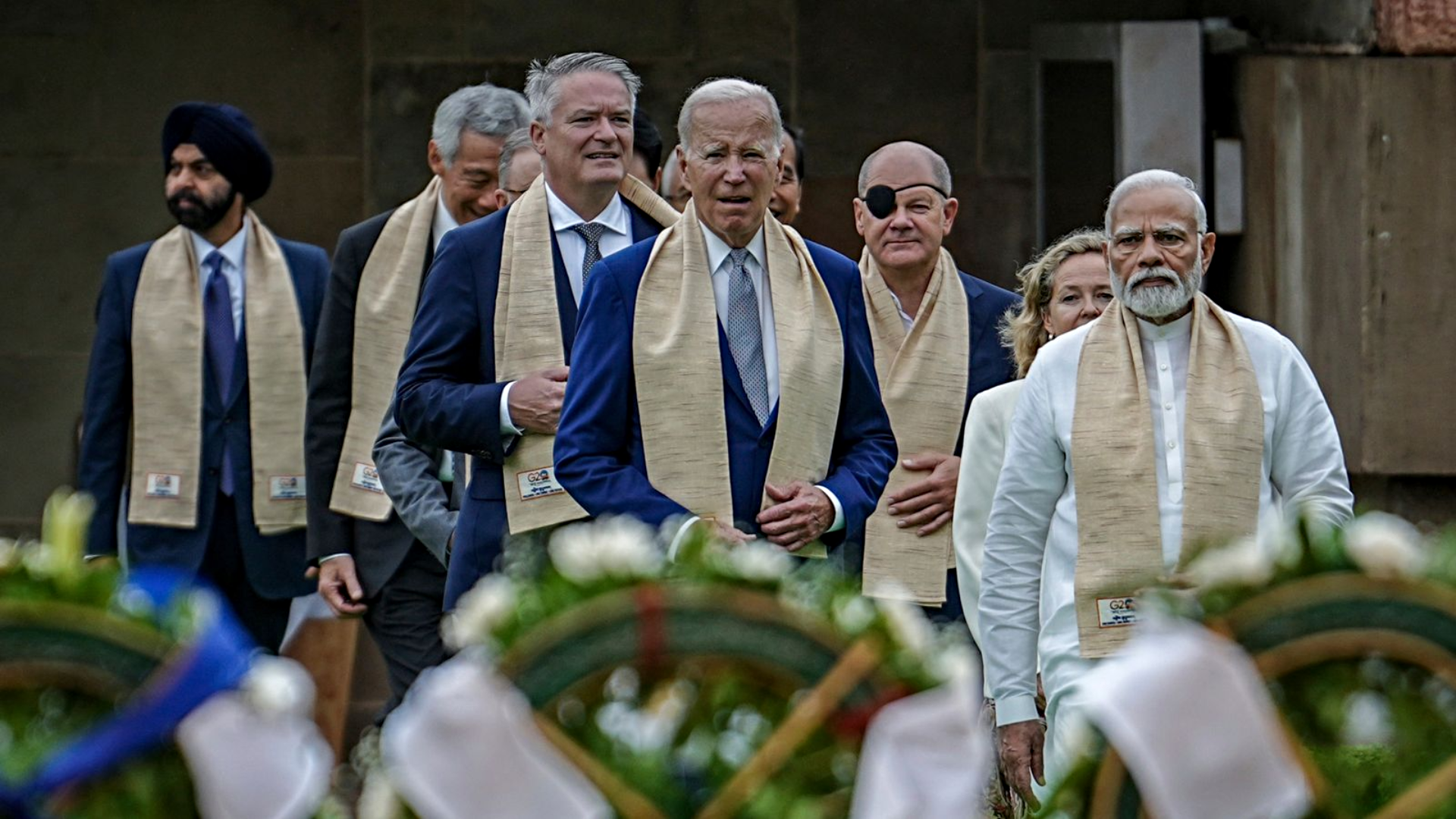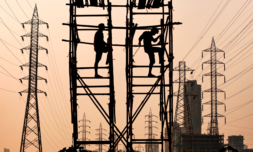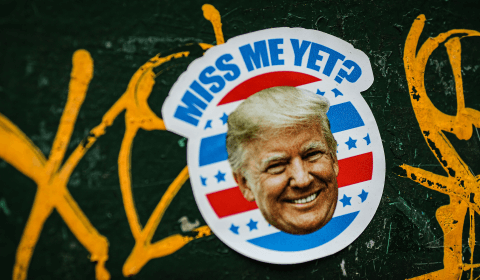The annual G20 summit tackled major global challenges, while also providing India with an opportunity to showcase its growing global stature as the host nation.
The 18th G20 Summit was held in Delhi, India over a two-day period. The summit was attended by leaders from member countries, as well as invited guests from other institutions and international organisations.
In case you’re unaware, the G20 is an intergovernmental forum comprising the 19 largest economies in the world, plus the European Union.
It represents approximately 85% of the global GDP, over 75% of global trade, and 60% of the world’s population. The recent G20 summit was not without its diplomatic tensions yet leaders were able to discuss a wide range of issues, both in the official summit and in bilateral meetings.
Let’s get into it.
A joint declaration on the Russia-Ukraine war
Since the start of the Russia-Ukraine war, many summits have issued joint declarations condemning the war and the G20 summit was no different.
Crucially, however, the one produced at the summit failed to directly criticise Russia or even mention it. Moreover, it completely avoided any strong wording to prevent antagonising the West or Russia and maintained its neutrality.
Oleg Nikolenko, the spokesperson for Ukraine’s foreign ministry, voiced his distaste and lamented the G20 declaration as ‘nothing to be proud of’.
He also mentioned that a Ukrainian presence at the summit would have given leaders a better understanding of the situation. On the flip side, Russia’s Foreign Minister Sergei Lavrov unsurprisingly praised the declaration.
Human rights discussions between Biden and Modi
The United States and India have long been criticised for their human rights records. In the US, the Supreme Court’s decision to overturn Roe v. Wade has been seen as a setback for reproductive rights, and there has been little progress in supporting the LGBTQ+ community.
In India, there has been a significant increase in hate crimes against religious minorities since Modi’s party, the Bharatiya Janata Party (BJP), took power in 2014. Despite reported evidence, the party has denied any and all allegations.
During his time in Delhi, Biden reportedly raised the issue of human rights with Modi in a bilateral meeting. In a press conference in Hanoi, a matter of a similar nature was brought up between both leaders with ‘substantial discussions’ that took place according to Biden.
Yet, a statement issued by India after the meeting mentioned that both leaders pledged to cooperate on a variety of issues but failed to mention anything at all on human rights.




















